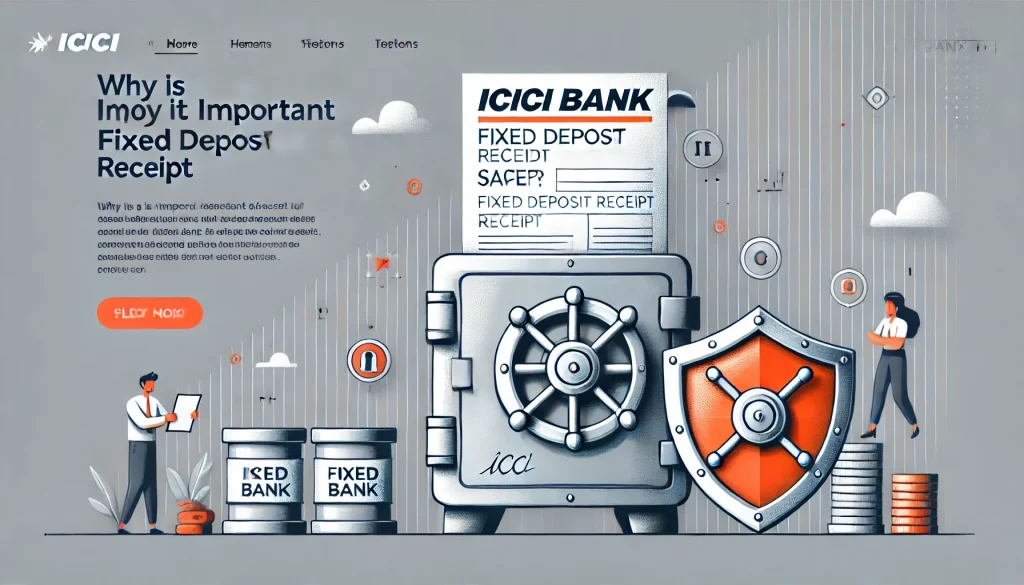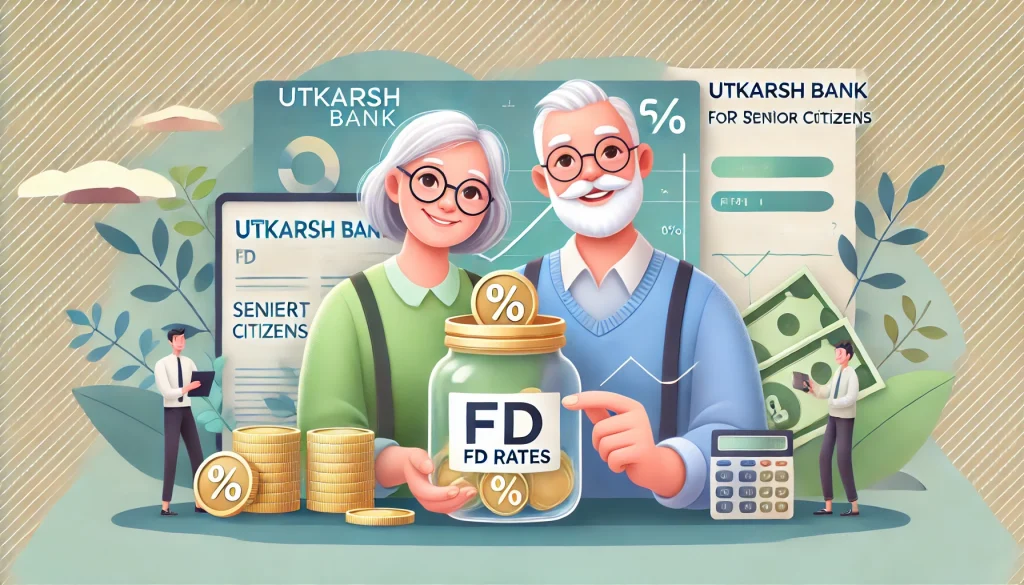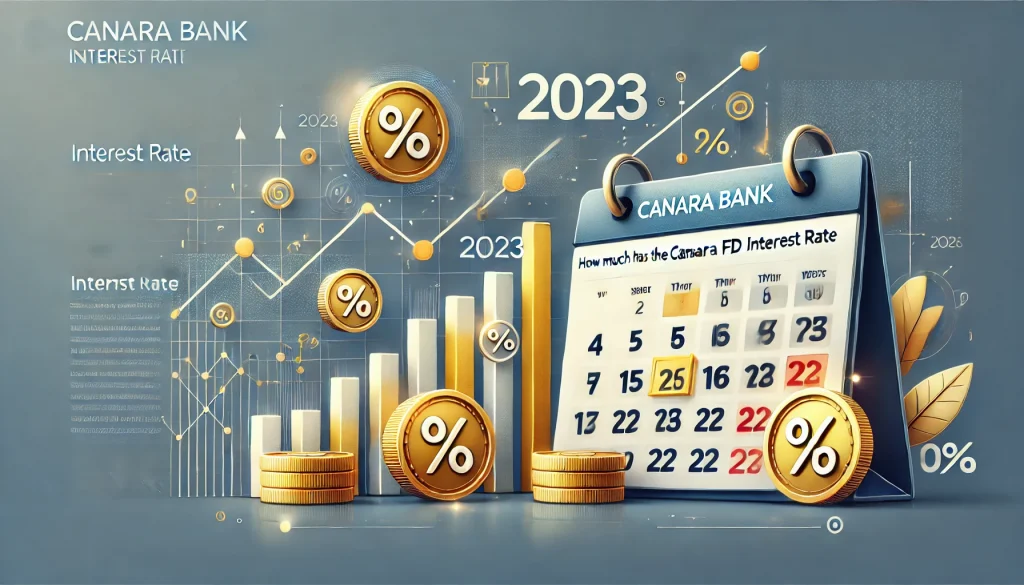
Saving taxes is a crucial aspect of financial planning, and a Fixed Deposit (FD) is a popular investment option for many individuals. FDs offer a safe and secure way to grow your money with a fixed interest rate over a predetermined period. However, the interest earned on FDs is taxable, which can impact the overall returns. In this blog, we will explore various strategies to help you save on fixed deposit interest tax and maximise your gains.
How to Save Tax on FD Interest?
1. By Submitting Form 15G/15H
Form 15G and Form 15H are self-declaration forms that can be submitted to the bank if you meet certain criteria. If your total income is below the taxable limit and you are not liable to pay any tax, you can submit Form 15G (for individuals below 60 years of age) or Form 15H (for individuals above 60 years of age) to the bank. By doing so, the bank will not deduct TDS (Tax Deducted at Source) on the interest earned from your FDs.
2. Timing the FD
The timing of your FD investment can also play a significant role in saving taxes. It is advisable to plan your FD maturity dates in a way that the interest income does not exceed the taxable limit in a financial year. By doing this, you can avoid paying tax on the interest earned.
3. Distributing FD Investment
Rather than investing a lump sum in a single FD, consider distributing your investment across multiple FDs with different tenures. This strategy, known as FD laddering, can help you stagger the interest income over several years, reducing the tax liability.
4. Invest in the Name of a Family Member
If you have family members in a lower tax bracket, consider investing in FDs in their names. This way, the interest income will be added to their income and taxed accordingly, potentially resulting in lower tax outgo.
5. Open FD in Post Office
Post Office Fixed Deposits offer an attractive interest rate and are eligible for tax benefits under Section 80C of the Income Tax Act. By investing in a tax-saving FD at the post office, you can save tax and enjoy the safety of a government-backed scheme.
6. Opt for Tax-Savings FD
Several banks and financial institutions offer Tax-Savings Fixed Deposits with a lock-in period of five years. These FDs offer tax benefits under Section 80C, which allows you to claim deductions on the invested amount up to a specified limit. Investing in such tax-saving FDs can help you reduce your tax liability while growing your savings.
Conclusion
Fixed Deposits are a popular investment choice due to their stability and guaranteed returns. However, the tax implications on the interest earned can reduce their overall effectiveness as a wealth-building tool. By implementing the strategies mentioned in this blog, such as submitting Form 15G/15H, timing the FDs, distributing the investment, and exploring tax-saving FD options, you can optimise your FD returns and help you save tax on the FD.
Remember that tax laws and regulations can change over time, so it’s essential to stay updated and consult with a financial advisor for personalised advice.
FAQs
Form 15G and Form 15H are self-declaration forms that individuals can submit to their banks to declare that their total income is below the taxable limit, and they are not liable to pay any tax on the interest earned from FDs.
Yes, the interest earned on Fixed Deposits is taxable as per the income tax slab rate of the individual.
Yes, distributing your FD investment into multiple FDs with different tenures, known as laddering, can help in reducing tax liability.
Yes, Post Office Fixed Deposits are eligible for tax benefits under Section 80C of the Income Tax Act.
Tax-Savings Fixed Deposits are special FDs offered by banks and financial institutions with a five-year lock-in period and tax benefits under Section 80C.
Disclaimer
This article is solely for educational purposes. Stable Money doesn't take any responsibility for the information or claims made in the blog.


